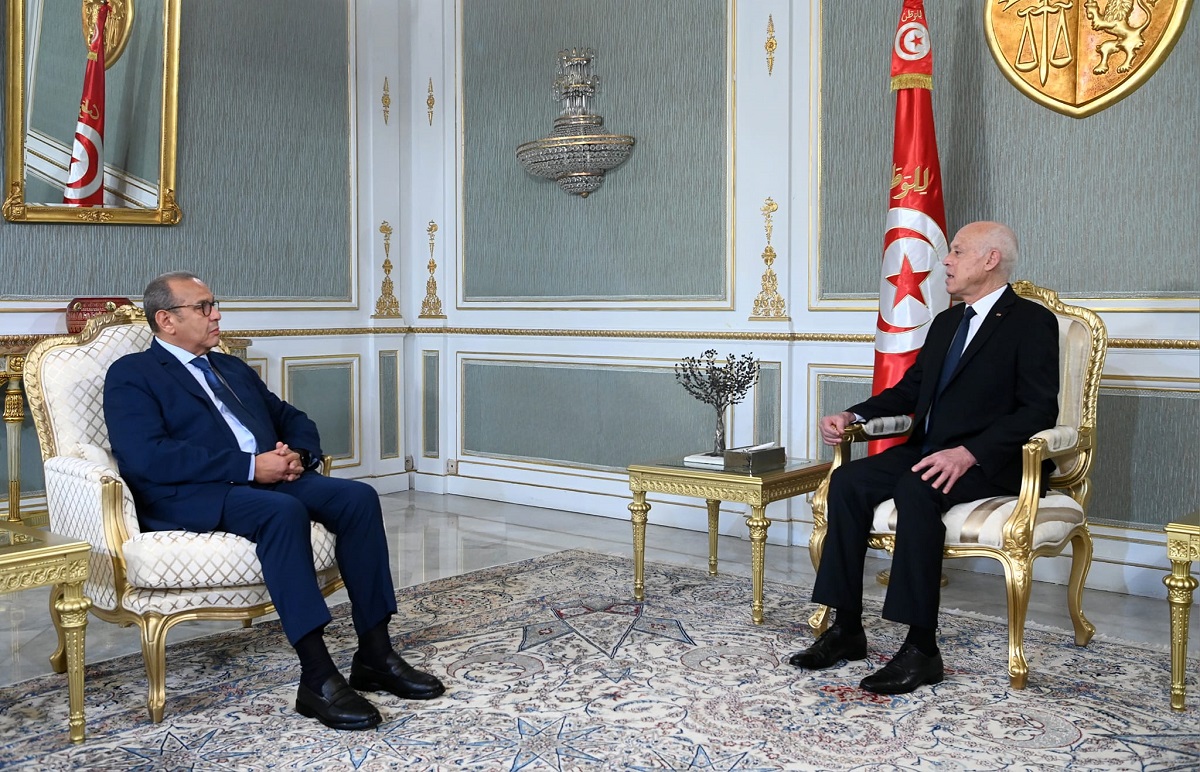Kais Saied’s approach in engaging major business interests in Tunisia is laden with contradictions. On the one hand, facing a growing debt burden and another year of weak growth in 2023, the authorities would commence a crackdown on members of the country’s oligarchy, Marouane Mabrouk prominently included. At the same time as the regime was extorting and/or bringing legal charges against the principals in question, however, it was also quietly delivering a bonanza for other prominent capitals. Major multisector conglomerates enjoyed banner years in terms of revenues last year. Resident banks, cashing in on the state’s debts, took home massive profits as well (as they have since 2021). Foreign investors fared well, too, benefiting indirectly from the state’s wage restraint policies.
Taking the incoherence of the regime’s dealings with the business community as its prompt, this report attempts to make sense of contemporary economic governance and contemporary state- capital relations in Kais Saied’s Tunisia.
Regarding governance, findings suggest that Carthage engages questions of economic development with indifference, allowing inertia and path dependence to set the policy agenda. Consequence of this, the ruling regime has retained the legal and regulatory structures which have long since privileged Tunisia’s elite while acquiescing to the grand families’ consolidation of their banking cartel. When economic conditions worsened across 2022 and 2023, indifference did need partially give way. In substance, the crisis management-related actions taken by the President thereafter consisted of a squeeze on select oligarchs and the selling treasuries to domestic financial institutions. In effect, these actions helped paralyze investment while granting many of Tunisia’s richest persons claims on the future income streams of formal workers and low and middle-income households.
Regarding state-capital relations, our report argues that while Saied has boosted profit rates for many of Tunisia’s largest corporate actors, he has failed to establish a developmental partnership with the business community. Indeed, uncertain about the policy direction and the possible spread of his crackdown, business is, despite its profits, holding back on new capital deployments. The knock-on effects of the business community’s withholding investment are pronounced. Critically, they underlay Tunisia’s ongoing crises of joblessness, informality, and productivity. Looking forward, State-Capital Relations in Kais Saied’s Tunisia contends that the absence of a viable developmental partnership may threaten social peace and the political stability of Saied’s rule.

